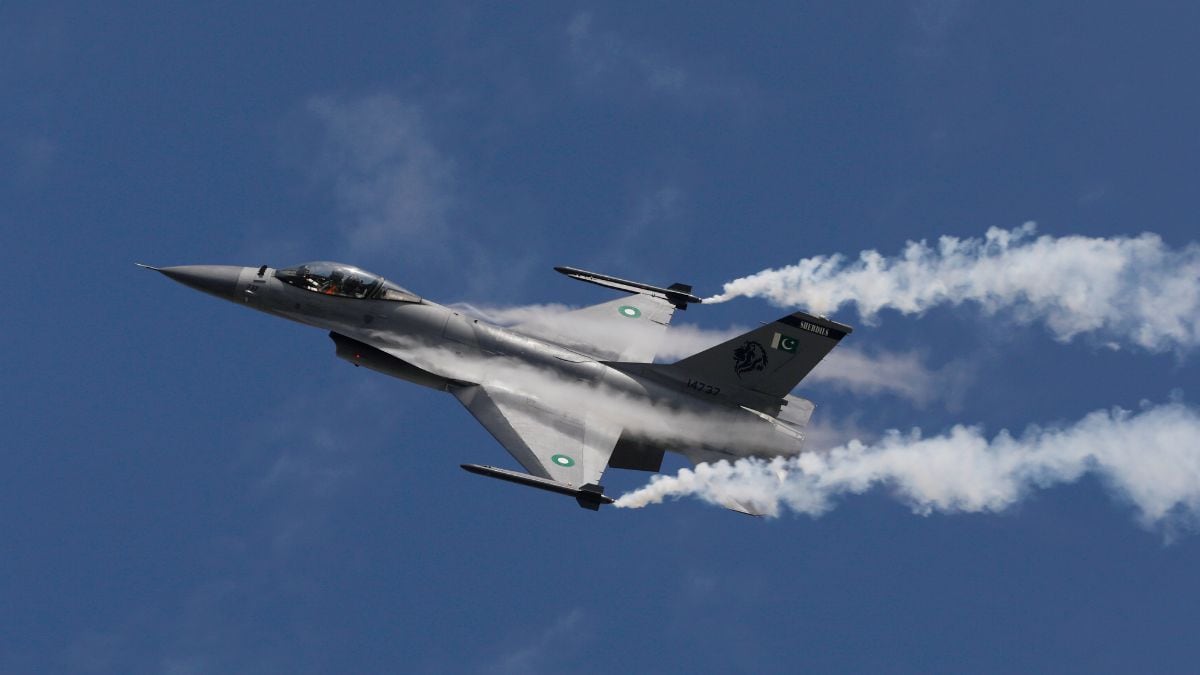

Tensions between Pakistan and India have escalated dramatically following India's launch of what it called "Operation Sindoor," consisting of missile strikes on alleged terrorist infrastructure within Pakistan and Pakistan-administered Kashmir. Pakistan swiftly condemned the strikes, terming them an "act of war" and vowing retaliation. The immediate aftermath has been a flurry of claims and counterclaims, with conflicting reports emerging about the extent of the damage and casualties on both sides.
India stated that the strikes targeted nine sites used by militants to plan attacks against India, particularly to deliver justice for the victims of the April 22 Pahalgam attack in Kashmir, where 26 people, mostly tourists, were killed. India has blamed Pakistan for orchestrating the attack, a charge Pakistan vehemently denies, calling for a neutral probe. The Indian government described its actions as "non-escalatory, proportionate, and responsible".
Pakistan, however, asserts that the Indian strikes hit civilian areas, resulting in the deaths of at least 26 civilians and injuring many more. Pakistani officials also claimed that Indian warplanes launched the strikes from within Indian airspace, violating Pakistan's sovereignty. Pakistan's military initially claimed to have shot down five Indian aircraft in retaliation, including three Rafale jets, one MiG-29, and one Su-30. Later reports revised this number to three. Information Minister Attaullah Tarar confirmed the downing of two Indian jets and later confirmed a third. Defense Minister Khawaja Asif stated that five Indian planes were downed.
Adding to the confusion, local government sources in Indian-administered Jammu and Kashmir reported that three Indian fighter jets had crashed in the region. India has not officially confirmed the number of aircraft lost or the cause of the crashes. An Indian official told Reuters that one jet had crashed in Indian-administered Kashmir, and the pilot was hospitalized. Indian aviation authorities have reportedly shut down nine airports in northern and western India, with Air India canceling flights to and from several cities until May 10th.
Amidst the conflicting claims, a sense of denial appears to be emerging from some quarters in Pakistan. Despite the Pakistani military's claims of downing Indian jets, the immediate response seemed to downplay the severity of the initial Indian strikes. Initial reports focused on the casualties and the alleged targeting of civilian areas, with some officials suggesting that the Indian incursion was not a significant breach of Pakistani airspace. This narrative aligns with a pattern of downplaying or denying cross-border incursions.
The international community has expressed grave concern over the escalating tensions. United Nations Secretary-General António Guterres urged both nations to exercise "maximum military restraint," warning against a broader military confrontation. US Secretary of State Marco Rubio echoed these concerns, stating that he was closely monitoring the situation and hoped for a swift end to the conflict. China's foreign ministry called on both sides to de-escalate and expressed regret over India's military action.